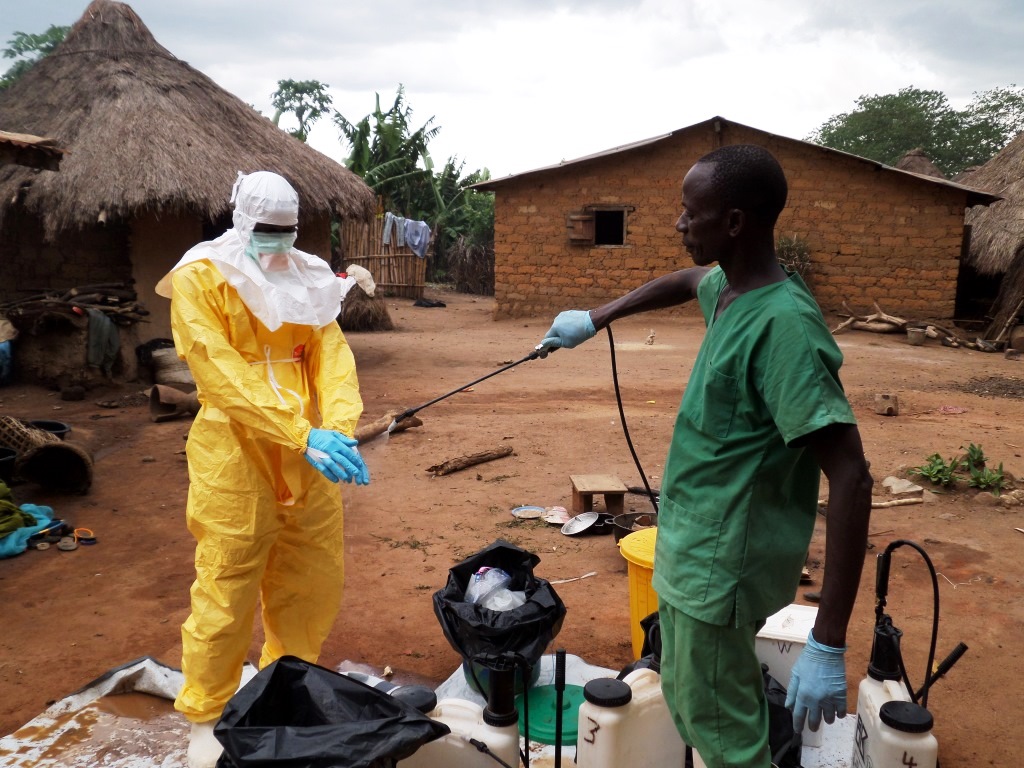In aid delivery, the last mile is the most crucial. This final stage, the ‘last mile’, is the final stretch before the aid reaches the hands of those who need it. However, while it’s arguably the most important step, it’s usually the most challenging, too. Various and often complex obstacles such as logistical inefficiencies, violence and corruption regularly inhibit aid from reaching the final recipient. This, in turn, costs logistics companies time and money, and has a huge impact on the overall trust people have in aid as a whole.
Luckily, some big names are stepping in to address these persistent challenges. Track & Trust, unveiled by Web3 innovator Datarella in partnership with humanitarian aid organisation Aid Pioneers and financially backed by the European Space Agency, is the first tracking technology designed for last-mile aid delivery. The technology has been specifically designed for use in crisis regions with poor connectivity.
Last-mile aid delivery in West Africa during the Ebola outbreak
Take aid delivery during the deadly 2014-2016 Ebola outbreak in West Africa for example. The World Health Organization (WHO) reported over 11,000 deaths out of more than 28,000 cases, making it one of the deadliest and most complex epidemics of the 21st century. The last mile of aid delivery was particularly critical, due to both the deadliness and rapid spread of the virus.
Getting medical supplies such as protective gear, disinfectants and treatment kits to local healthcare workers was vital in controlling the spread of the virus and treating patients. However, due to road and healthcare infrastructure, lack of medical personnel and massive supply chain issues caused by travel bans and quarantine measures, quick and effective last-mile aid delivery was simply not possible.
While precise numbers are difficult to determine, several studies and reports suggest that many deaths were indeed preventable. The WHO and the Centers for Disease Control and Prevention (CDC), for example, emphasised that delayed international response and inadequate resources contributed to the high death toll. Earlier and more robust interventions could have, according to their research, significantly mitigated the outbreak’s impact.
Humanitarian aid faces major challenges in the last mile
Traditional systems for supplying aid rely on continuous internet activity to track the initial stages of the aid’s journey. When this internet is no longer available or the connection becomes weak, as is so often the case in remote locations, conflict zones with destroyed infrastructure and remote regions lacking reliable internet access, the aid can’t be tracked.
The consequences of this are far-reaching. Of course, on the one hand, the fact that the process of delivering aid is complicated and expensive is a huge disincentive for logistics service providers. On the other, without reliable last-mile tracking, aid is vulnerable to being lost, stolen or misdirected, leaving communities without crucial supplies. These logistical and corruption challenges have also often undermined trust in humanitarian aid (AidPioneers, 2024), making donors and investors hesitant to fund projects, further weakening support systems for communities in dire need of support.
“This is where Track & Trust steps in,” explains Rebecca Johnson, Datarella’s CTO. “The technology we developed with our partners enables effortless tracking of last-mile delivery, even in the most challenging environments.”
Aid delivery trucks are fitted with Track & Trust mesh nodes; Wireless Application Protocol (WAP) devices with multiple radio systems that can receive and save relevant data such as arrival status, delays or damages inputted by the drivers.
When trucks equipped with these devices pass each other, useful information regarding shipment status and GNSS data is shared between them without needing an internet connection. Then, when they reach satellite upload link points, the stored information is transmitted to a secure blockchain, creating an immutable delivery record and reliable transcript of data available to all supply chain participants that makes further investigation into the aid’s misuse or disappearance possible.
To assess the effectiveness of Track & Trust, Datarella has defined performance-related KPIs and collects customer feedback, which will be made accessible to users through a dashboard.
“With Track & Trust, last-mile aid delivery becomes transparent and accountable, making it possible to detect and eliminate corruption, unsafe routes and other obstacles standing between supplies and recipients,” Johnson explains.
Track & Trust’s wheels are already turning
After a successful first test and approval by the European Space Agency in June, Track & Trust is now entering its trial phase. The first shipment, destined for two health clinics in Lebanon, contains solar panels to help alleviate the country’s severe electricity shortages. The hope is that these solar systems will enhance patient care by ensuring a consistent source of electricity. This means that the clinics won’t have to rely on gas-guzzling and expensive generators, which not only reduces their ecological impact but also—crucially—reduces costs, making healthcare more accessible for refugee communities.
The success of the trial has encouraged Datarella to set its sights wider. “After the successful completion of our pilot shipment to Lebanon, we plan to offer our technology to other logistics and humanitarian aid organisations.” This collaborative approach “reflects our commitment to leveraging technology for social good,” says Rebecca Johnson. “By integrating Track & Trust, we are setting a precedent for a higher level of accountability in the sector that we hope others will follow.”
When asked what advice they would give to others looking to implement similar technologies, Datarella made it clear that while they have the potential to significantly enhance efficiency, transparency and impact, “implementing new technologies in aid delivery processes requires careful planning, stakeholder engagement and continuous evaluation.” However, the success of Track & Trust has shown that new solutions for last mile aid delivery have the potential to help aid go the distance.
The post New Tracking Technology Hopes to Restores Trust in Last Mile Aid Delivery appeared first on Digital for Good | RESET.ORG.


